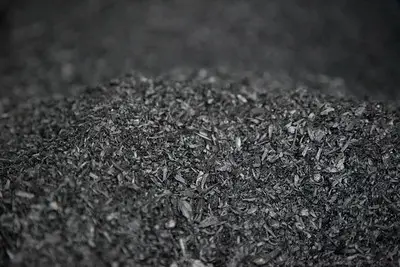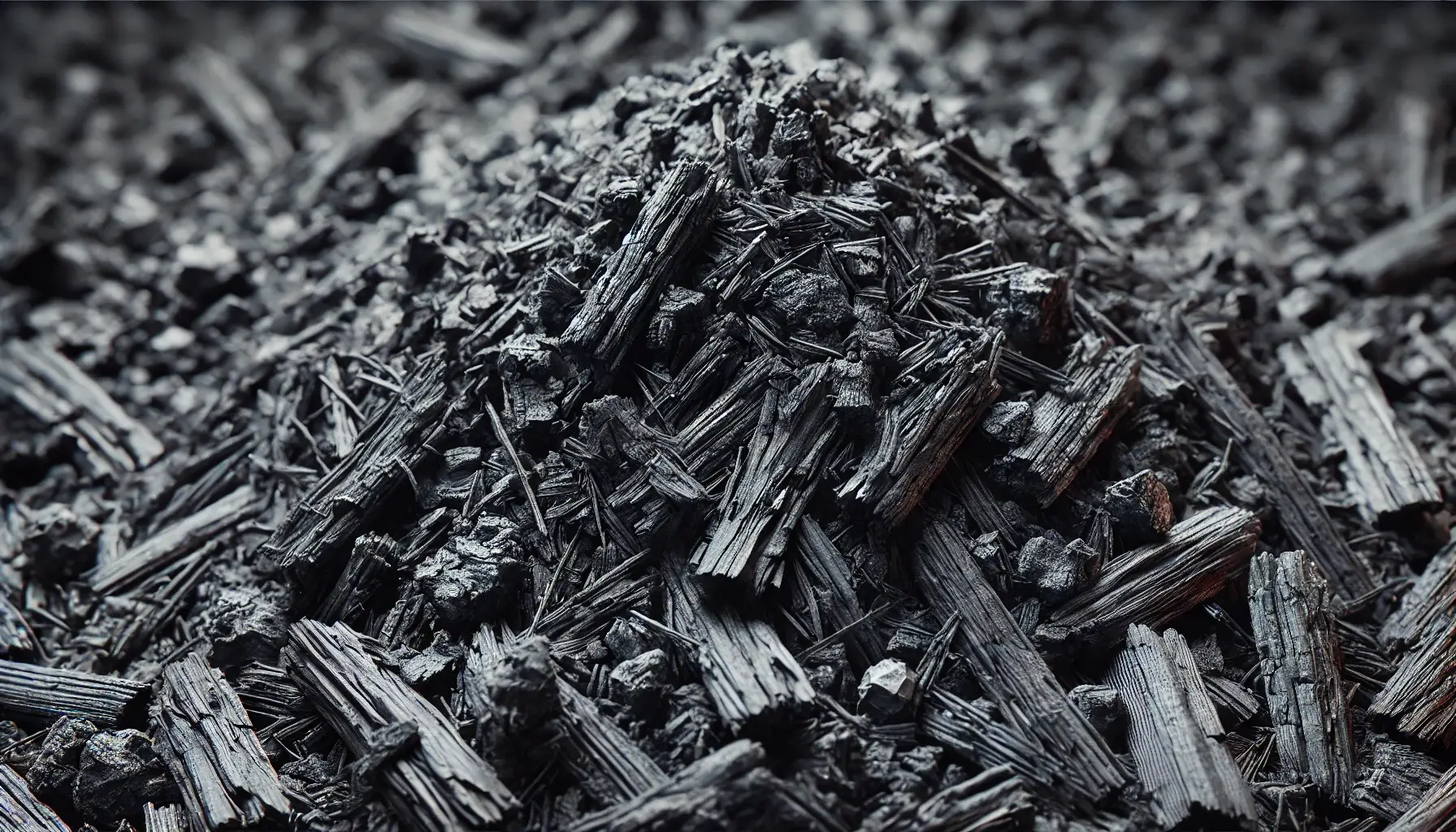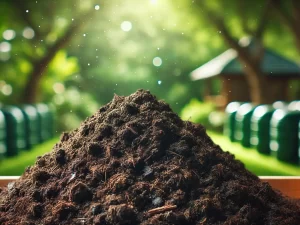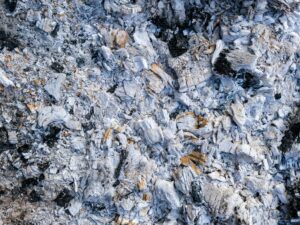Produced through the pyrolysis of organic materials, such as wood, crop residues, and manure, under low oxygen conditions. It is used primarily as a soil amendment to improve soil health, enhance water retention, and increase soil fertility. Biochar helps sequester carbon in the soil, making it a valuable tool for mitigating climate change by reducing greenhouse gas emissions. It also supports beneficial microbial activity in the soil, leading to improved plant growth and crop yields.
soil health
Biochar
$20.00
Key Points
- Carbon Sequestration: Biochar sequesters carbon in the soil for hundreds to thousands of years, reducing the amount of carbon dioxide (CO2) in the atmosphere and helping mitigate climate change.
- Improved Soil Health: Biochar enhances soil structure, increases water retention, and reduces nutrient leaching. This leads to healthier soils that require less fertilizer, reducing the environmental impact of agricultural practices.
- Reduction in Greenhouse Gas Emissions: By improving soil health and reducing the need for chemical fertilizers, biochar helps decrease nitrous oxide (N2O) and methane (CH4) emissions from agricultural activities.
- Waste Management: The production of biochar from agricultural and forestry waste converts these residues into a valuable product, reducing the amount of waste that would otherwise contribute to landfill or open burning, which releases pollutants.
Out of stock




Reviews
There are no reviews yet.